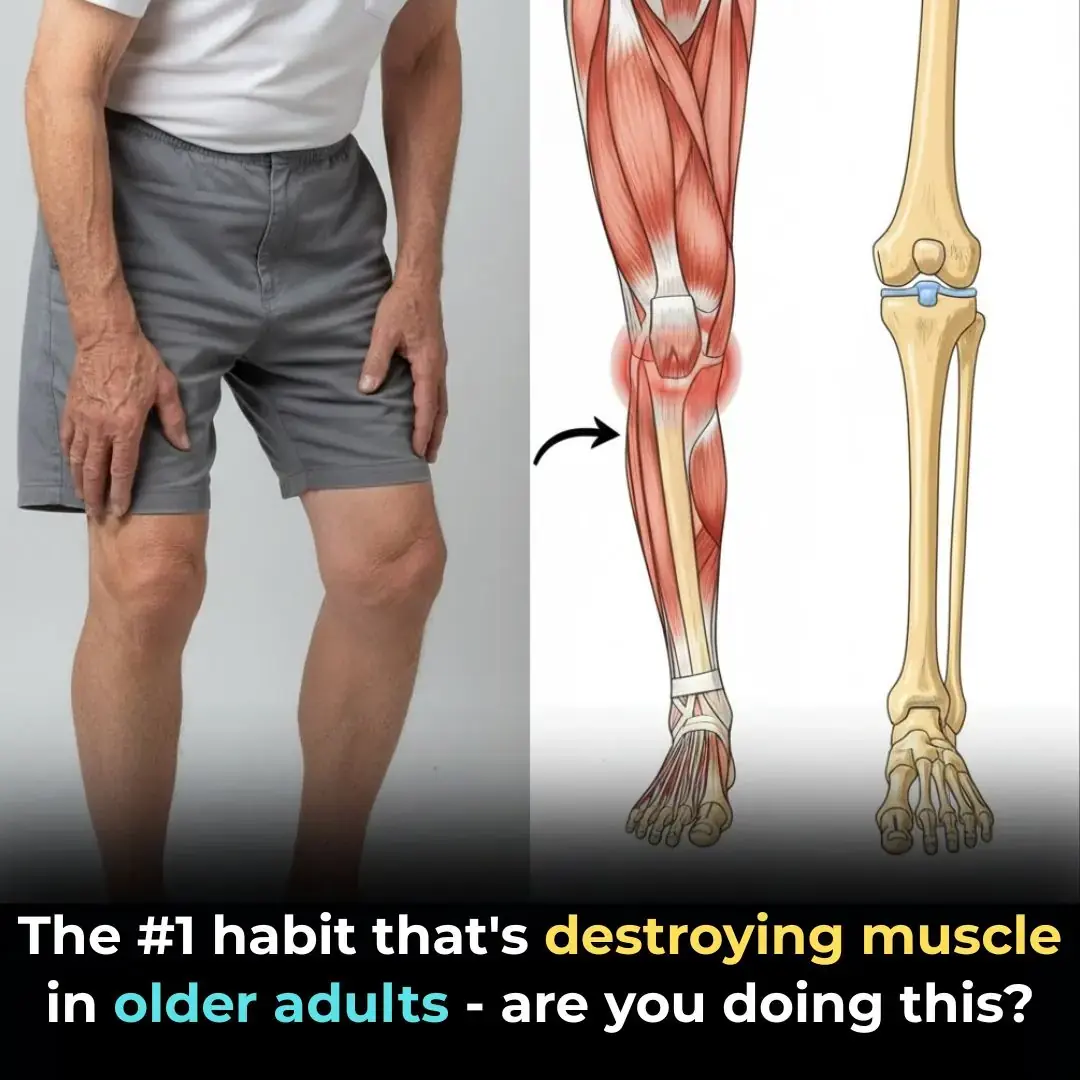
4 Things Your Feet Could Be Telling You About Your Liver Health
Maintaining a healthy liver is essential for overall well-being. The liver is the body’s largest internal organ and carries out more than 500 vital functions—from filtering the blood and removing toxins to producing bile and storing nutrients. Because it plays such a central role, any decline in liver function can affect many different parts of the body, sometimes in subtle ways. In fact, your feet can offer early warning signs that something may be wrong with your liver.
Below are four ways your feet might reveal potential liver problems, along with guidance on when it’s important to see a healthcare professional.
1. Swelling in the legs, ankles, or feet
Persistent swelling in your lower limbs is one of the most common signs associated with several liver-related conditions, including hepatitis B, hepatitis C, cirrhosis, fatty liver disease, and even liver cancer. When the liver is damaged, blood flow through the organ becomes restricted, which increases pressure in the veins and leads to fluid buildup in the legs, ankles, and feet—a condition known as edema.
Experts at the Cleveland Clinic note that chronic hepatitis B and C infections significantly raise the risk of liver cancer because they often progress to cirrhosis over time. Since nearly any cause of liver damage can eventually result in cirrhosis, early attention to swelling or other symptoms can help prevent long-term complications.
If you experience unexplained swelling, experts strongly recommend consulting your doctor as soon as possible, especially if the swelling continues for several days despite rest or home care.
2. Numbness or tingling sensations
Tingling, burning, or numbness in the feet may indicate nerve damage connected to liver disease. People with conditions such as hepatitis C or alcoholic liver disease sometimes develop peripheral neuropathy—a disorder that affects the nerves outside the brain and spinal cord. Additionally, diabetes, which is more common in individuals with liver problems due to disrupted glucose regulation, can also lead to neuropathy and similar sensations in the feet.
According to the Mayo Clinic, any persistent numbness, burning pain, or tingling that involves most or all of the foot warrants medical evaluation. They also advise seeking care if symptoms fail to improve after several weeks or if swelling lasts more than two to five days despite home treatment. Early diagnosis is key, as nerve damage can worsen if the underlying liver issue is not addressed.
3. Foot joint pain
Your feet contain 26 bones and 33 joints, making them highly susceptible to various forms of arthritis and joint pain. Liver disease can contribute to discomfort in the foot joints for several reasons. The Cleveland Clinic explains that cirrhosis and illnesses linked to cirrhosis may trigger inflammatory responses throughout the body, which can intensify bone and joint pain.
In some cases, individuals may experience both osteoarthritis and liver disease simultaneously. Non-alcoholic fatty liver disease, in particular, has been linked to higher rates of joint pain and stiffness. The inflammation associated with cirrhosis can amplify these symptoms, making everyday activities like walking more difficult or uncomfortable.
If joint pain in your feet becomes persistent or begins interfering with your mobility, it’s wise to speak with a healthcare provider to determine whether a liver-related issue could be contributing.
4. Itchiness in the feet
Itchy feet can also be a sign of liver trouble. In advanced stages of hepatitis or other liver diseases, some individuals develop pruritus, an intense itching sensation that commonly affects the hands and feet. This occurs when bile salts build up in the bloodstream because the liver is no longer processing them efficiently.
Even those who do not have pruritus may experience dry or irritated skin due to medication side effects or changes in liver function. Proper moisturization and care can help relieve minor discomfort, but persistent or severe itching should not be ignored.
When to see a doctor
Any of these symptoms—swelling, numbness, joint pain, or itching—could signal an underlying liver issue. While they do not always point to serious disease, recognizing them early and consulting a doctor can make a significant difference. A healthcare professional can run tests, identify the source of the symptoms, and recommend appropriate treatment before more serious liver damage occurs.
News in the same category


What happens when you start eating chia seeds every day

Why You Should Stop Using Petroleum Jelly On Your Skin (It’s a Byproduct of the Petroleum Manufacturing Process)
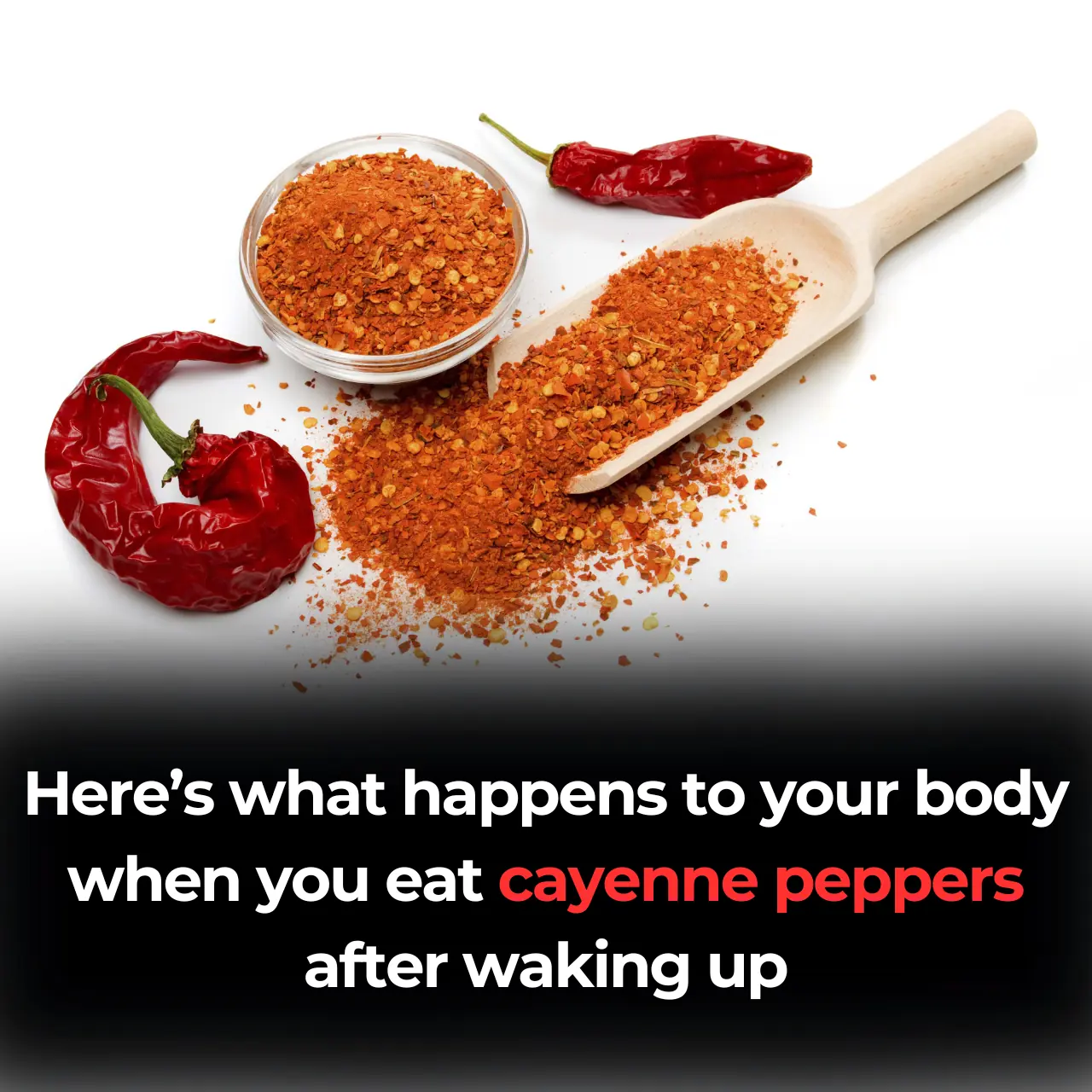
Scientifically Proven Health Benefits of Cayenne Pepper
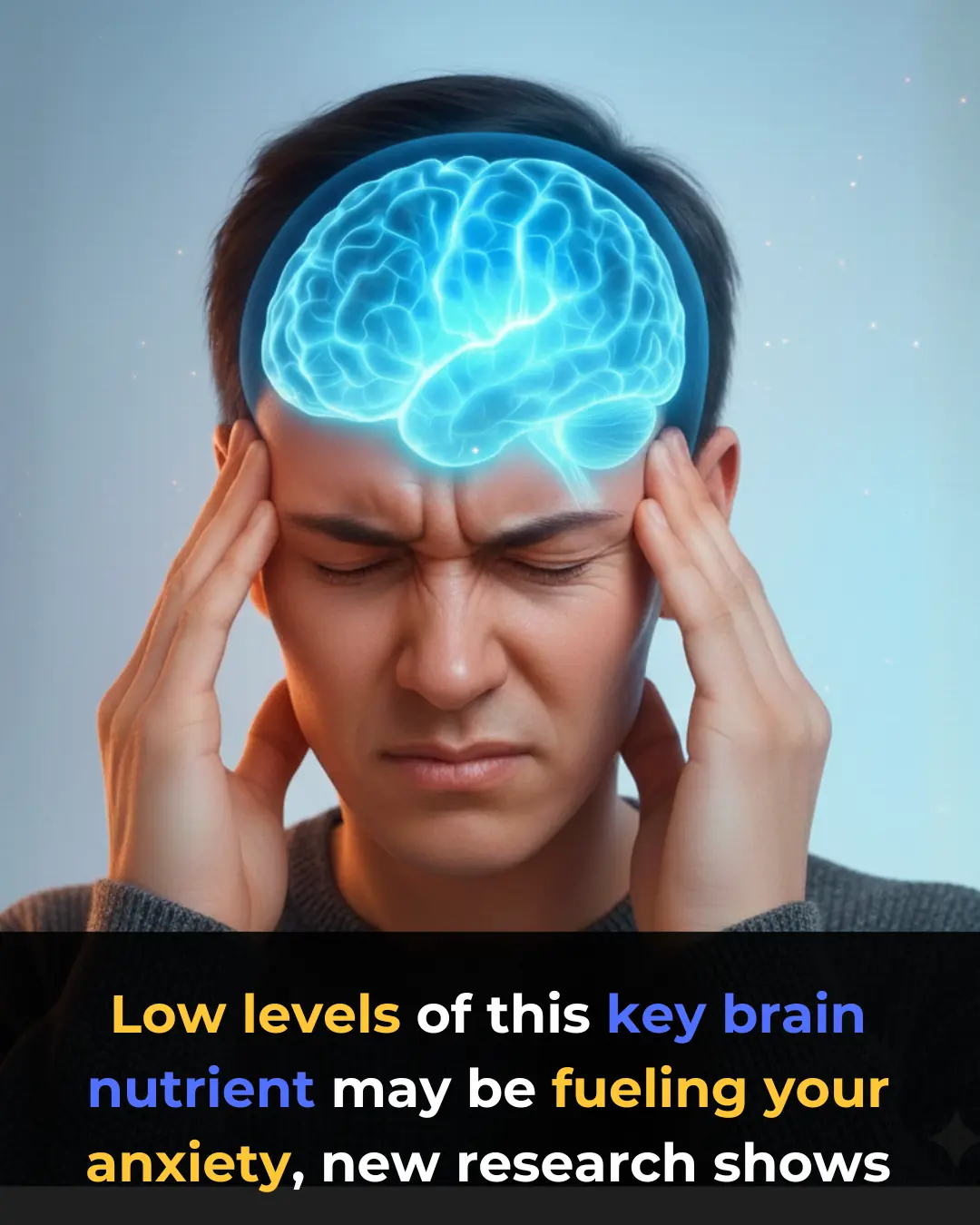
Low levels of this key brain nutrient may be fueling your anxiety

A Nurse Who Has Witnessed The Final Moments Of More Than 300 People Has Revealed What She Has Learned From Being By Their Side
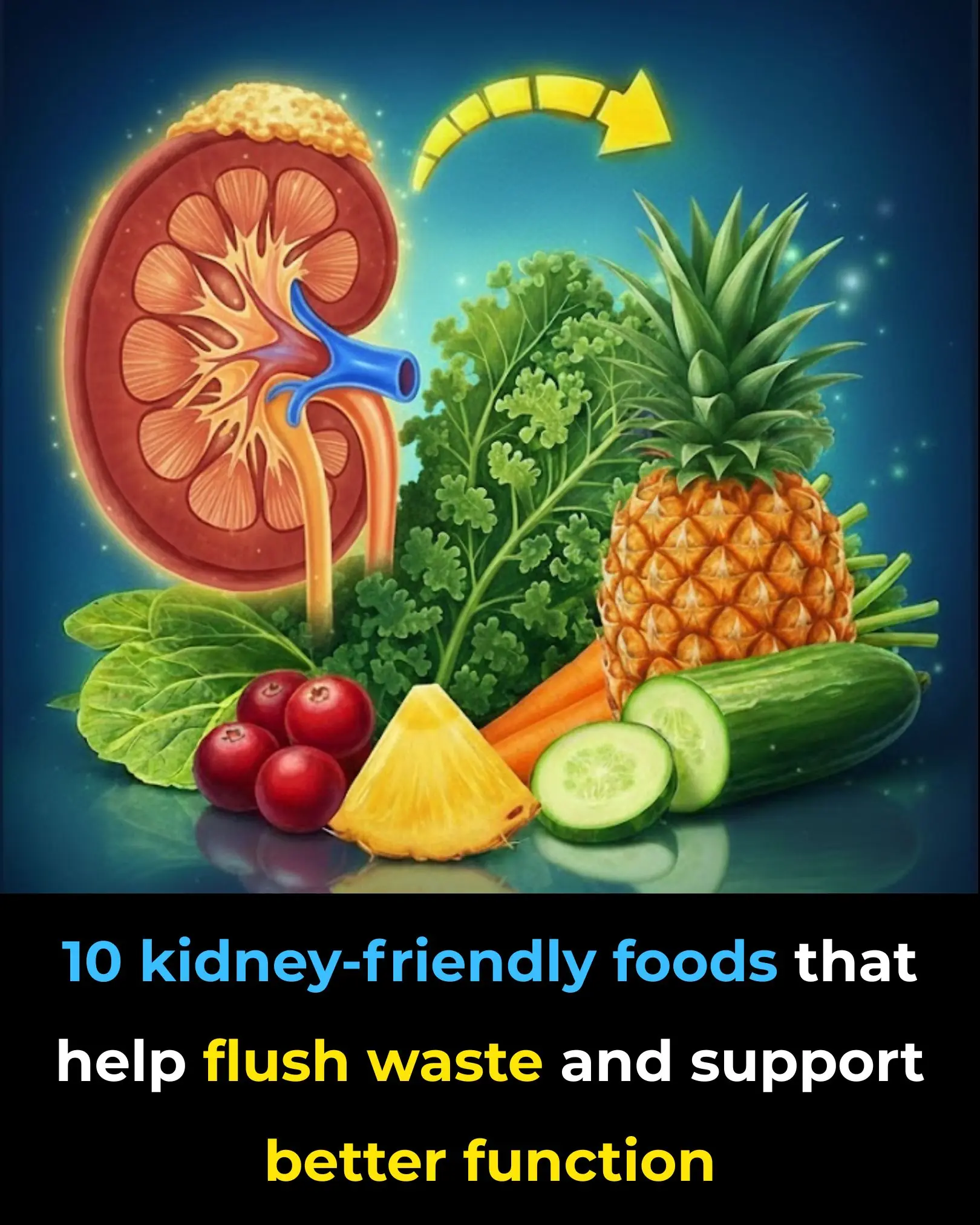
Absolutely BEST Foods to Detox Your Kidneys
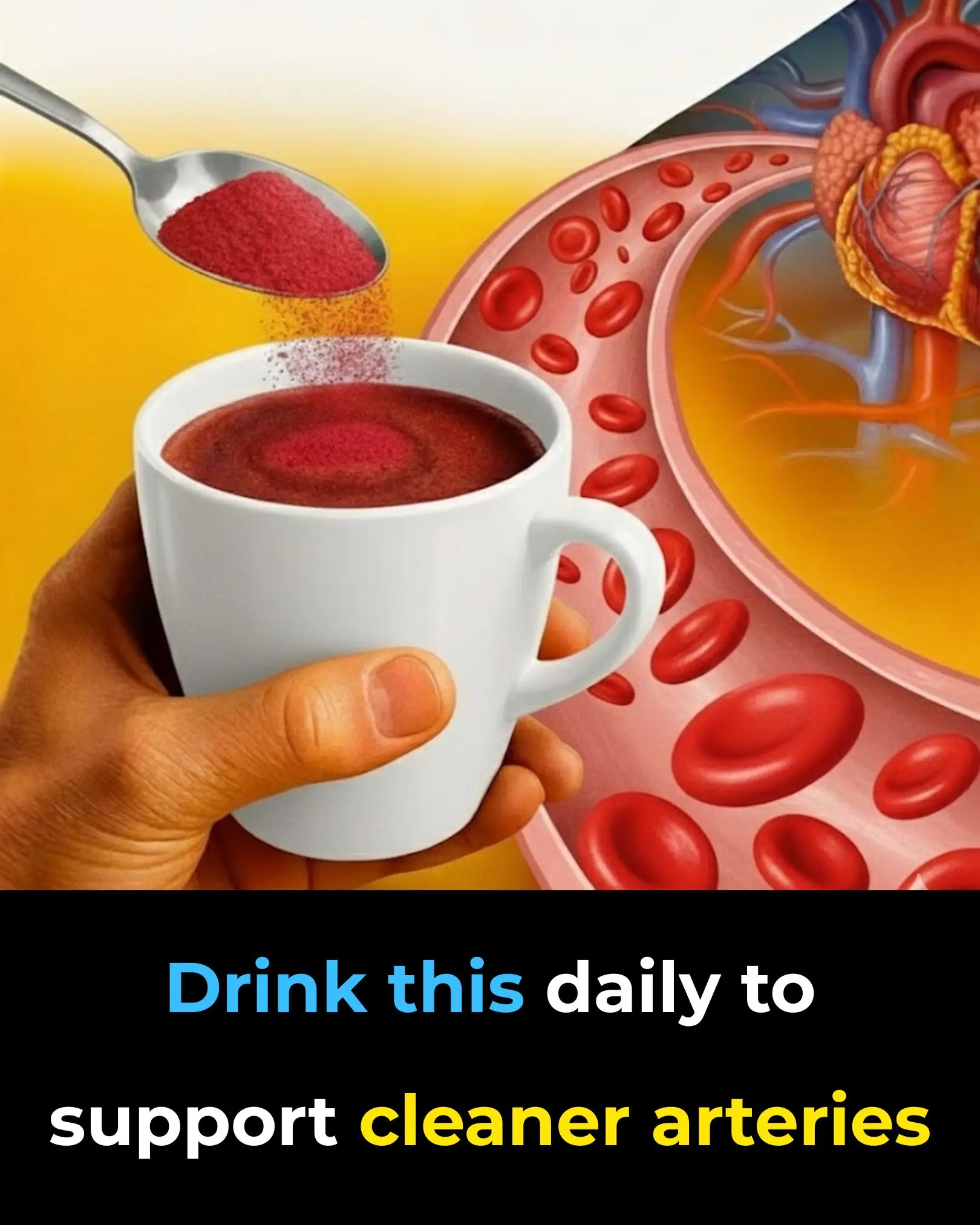
Drink this daily to support cleaner arteries
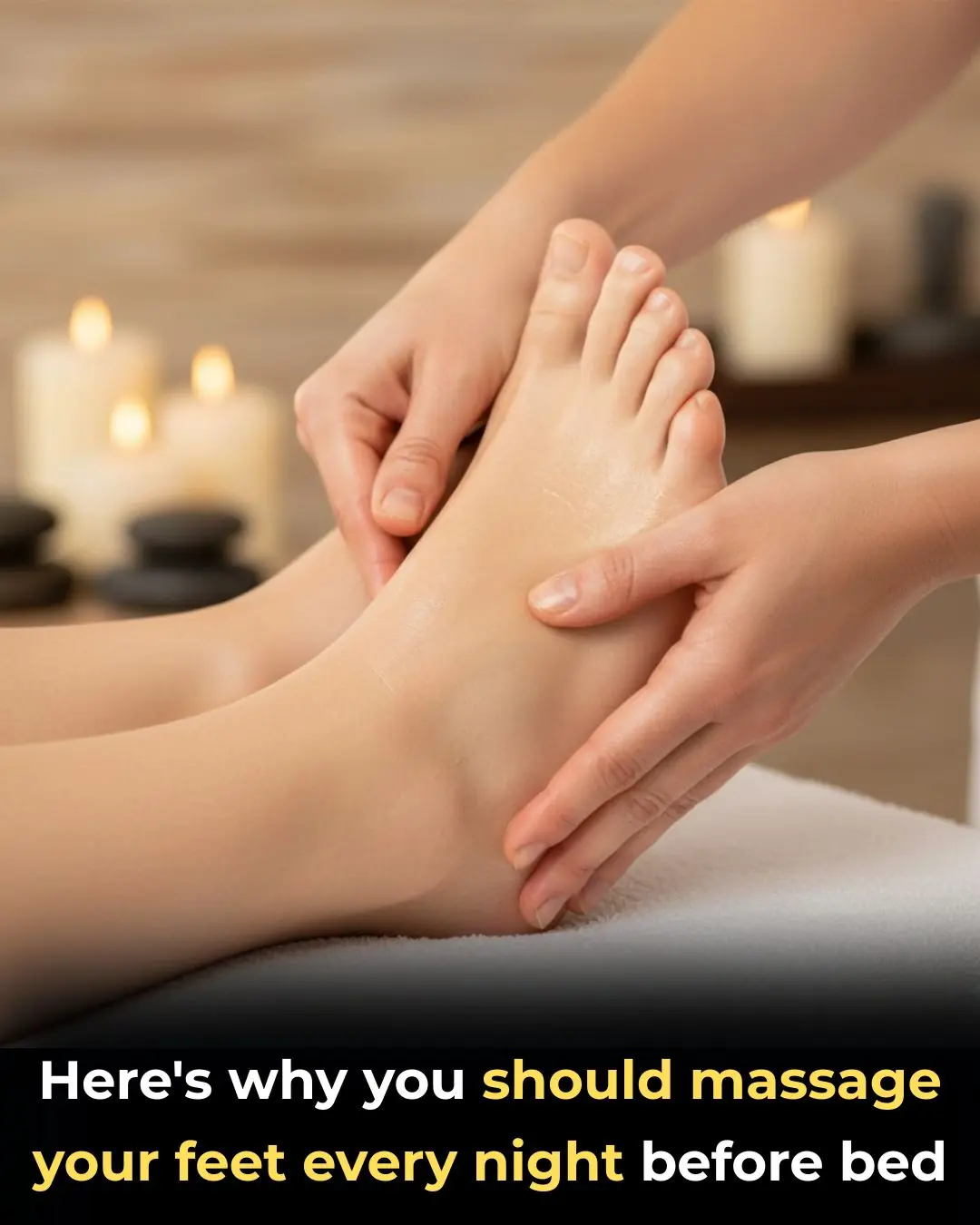
The Surprising Benefits of Foot Massages …More Than Just Relaxation
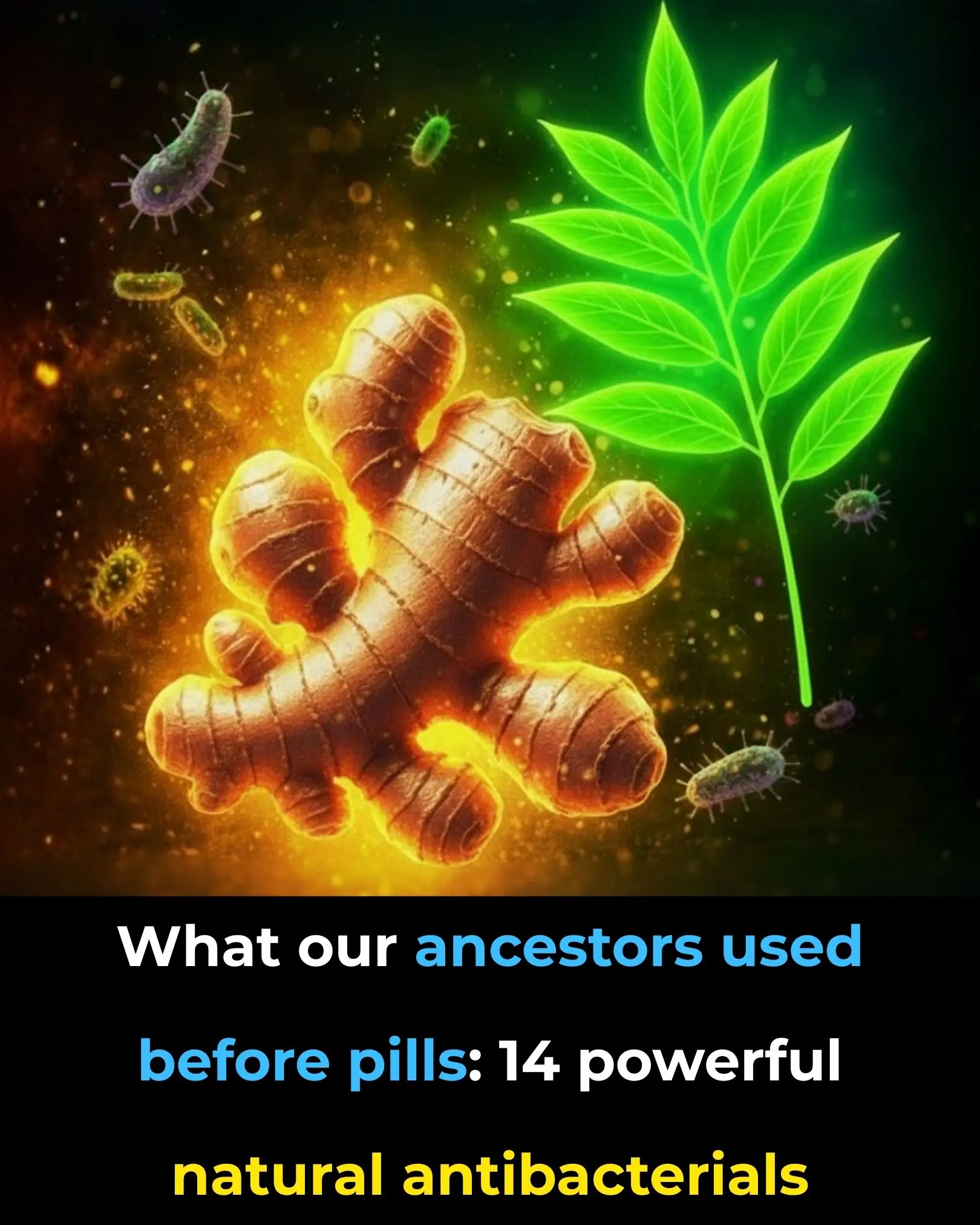
14 Best Natural Antibiotics Our Ancestors Used Instead of Pills

9 POWERFUL Health Benefits of Adding Pumpkin Seeds to Your Diet
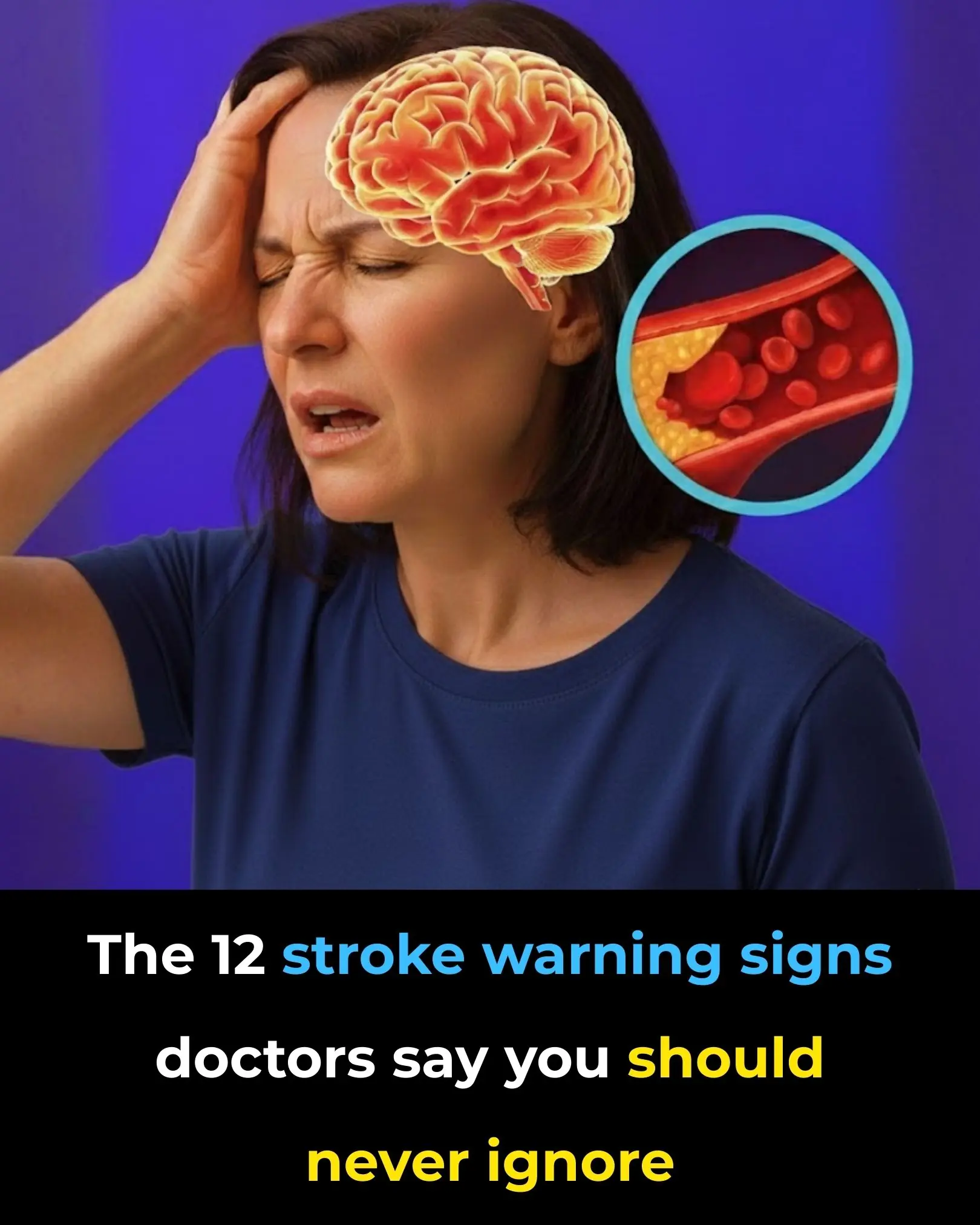
Knowing These 12 Symptoms of a Stroke Can Save Your Life

6 fruits that help your body fight cancer cells naturally
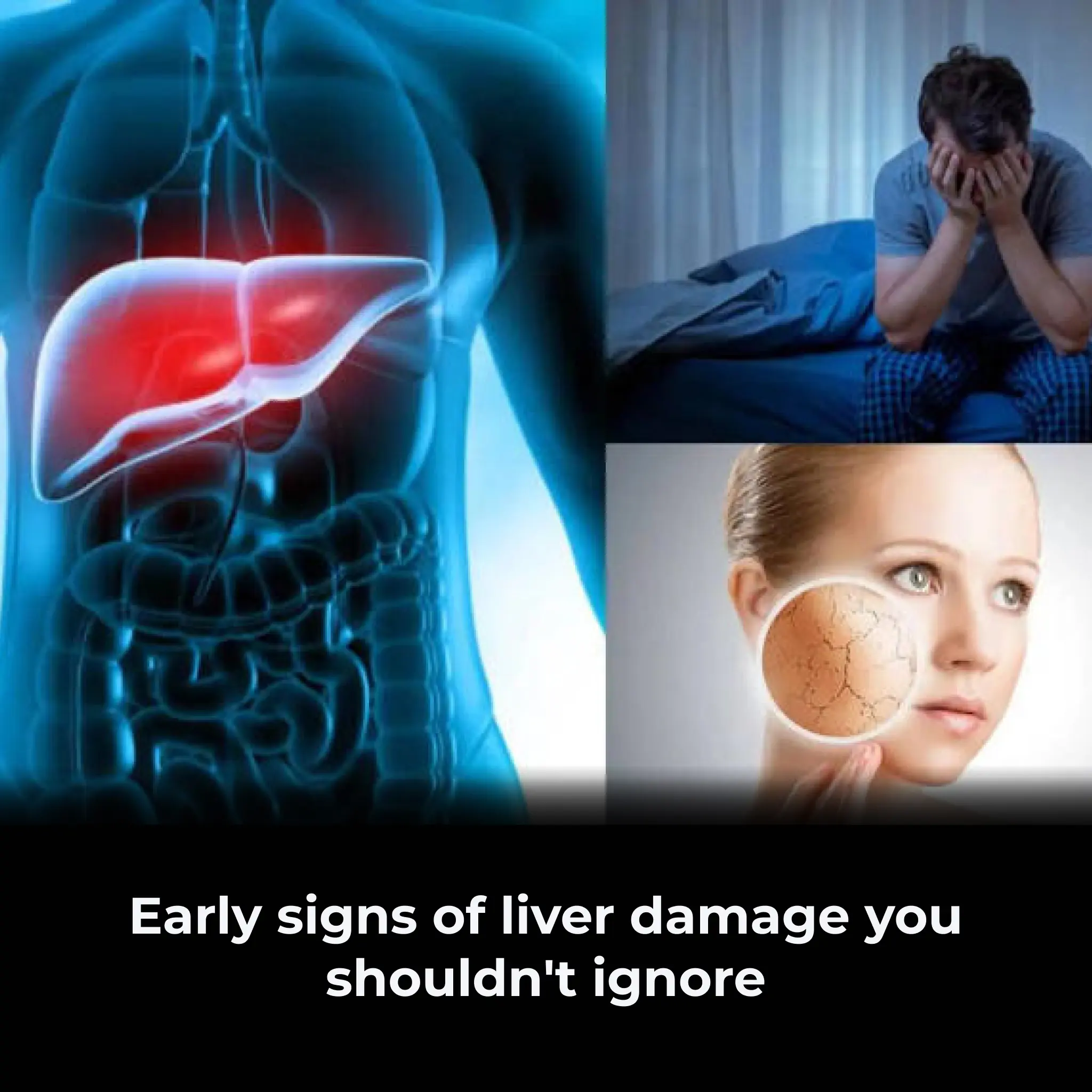
Early Signs of Liver Damage You Shouldn't Ignore
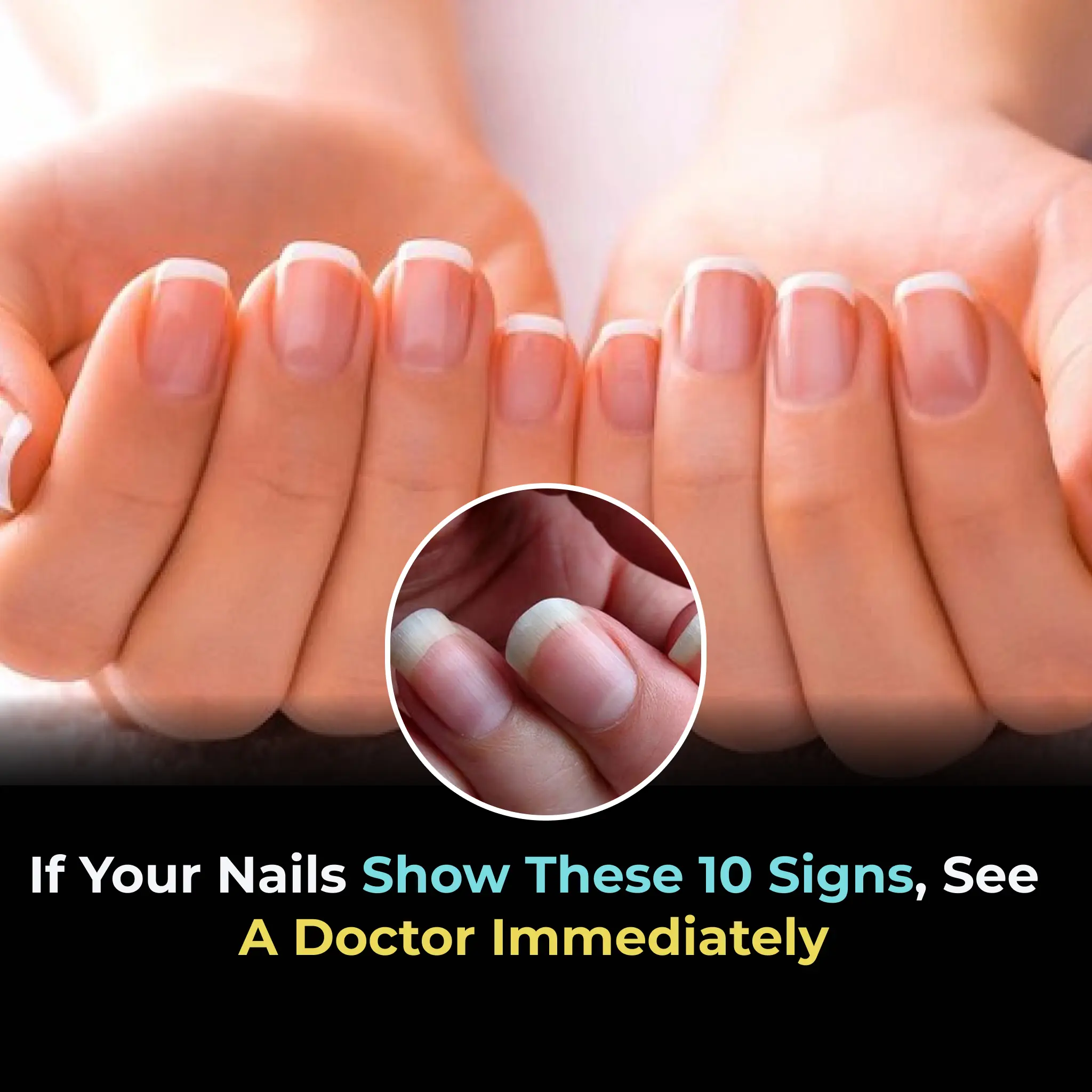
If Your Nails Show These 10 Signs, See a Doctor Immediately

The 5 warning signs you may be taking too much magnesium, according to doctors
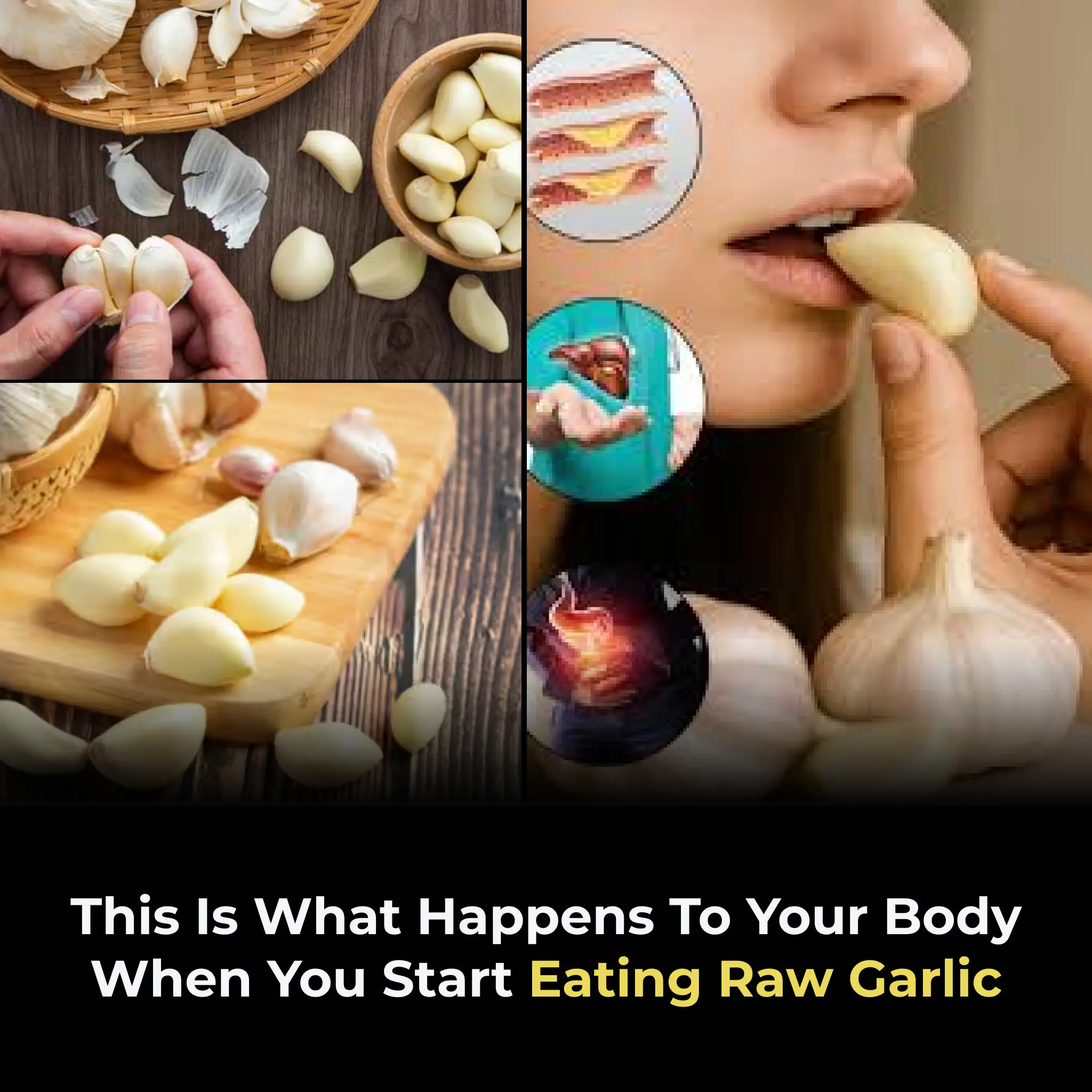
This Is What Happens to Your Body When You Start Eating Raw Garlic

This Is What Happens When You Eat Sweet Potatoes Regularly
News Post

Unlock Radiant Skin: The Ultimate Guide to Using Beetroot Gel for Glowing, Spotless Skin

Fenugreek Seeds for Hair Growth: The Power of Fenugreek Hair Rinse and Its Benefits for Hair

Japanese Milk Wax To Get Rid Of Unwanted Facial Hair
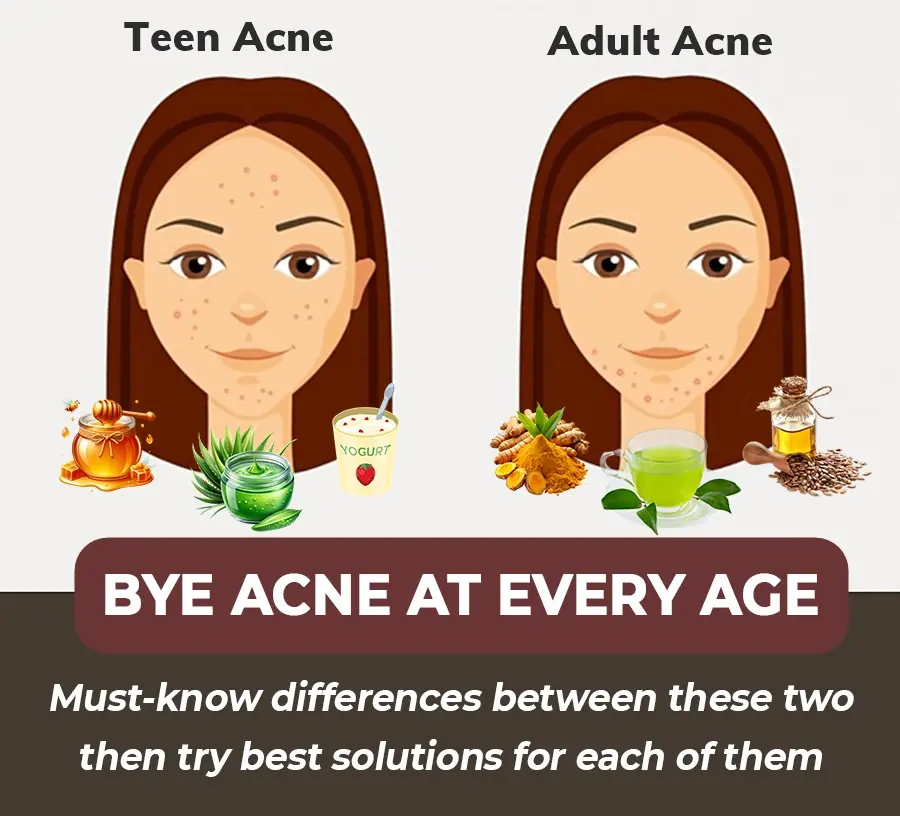
When Will I Outgrow My Acne? The Difference Between Adult and Teen Acne

5 Mascara Tips For Short Lashes
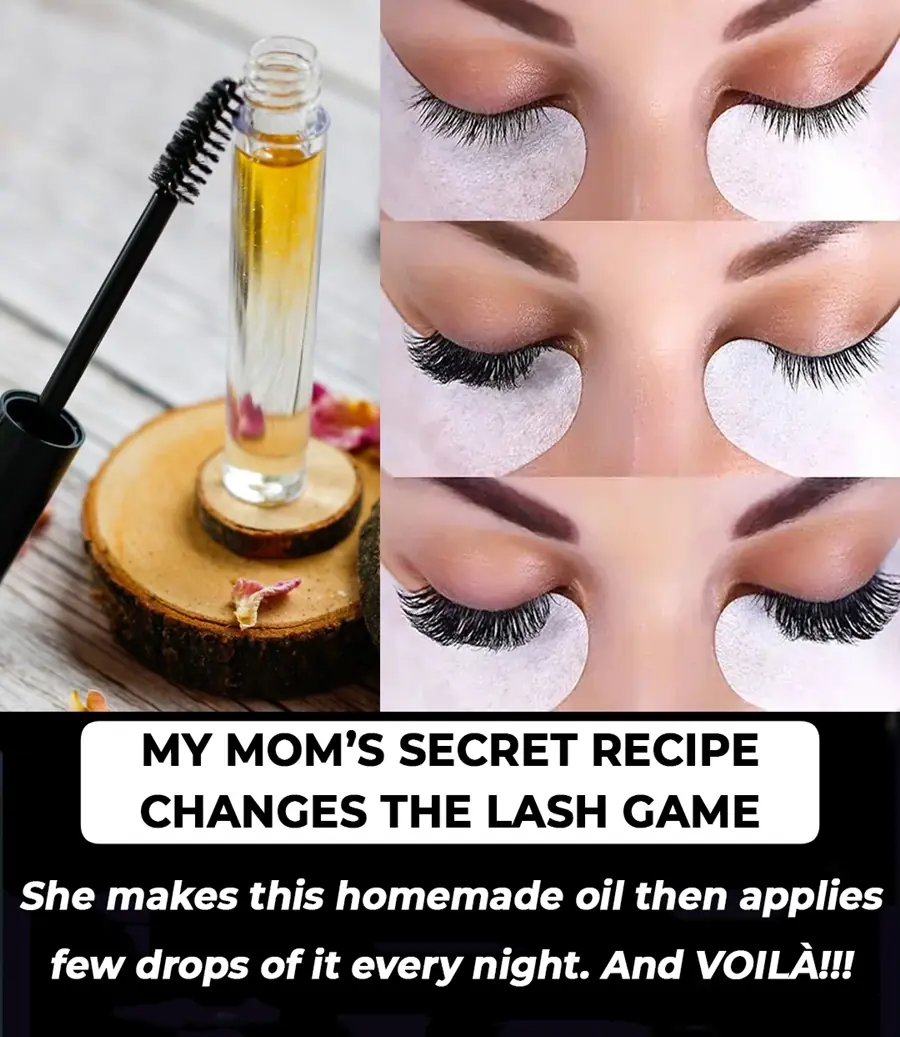
LEVEL UP YOUR LASH GAME: Top 5 Tips for Eyelash Extension Success!
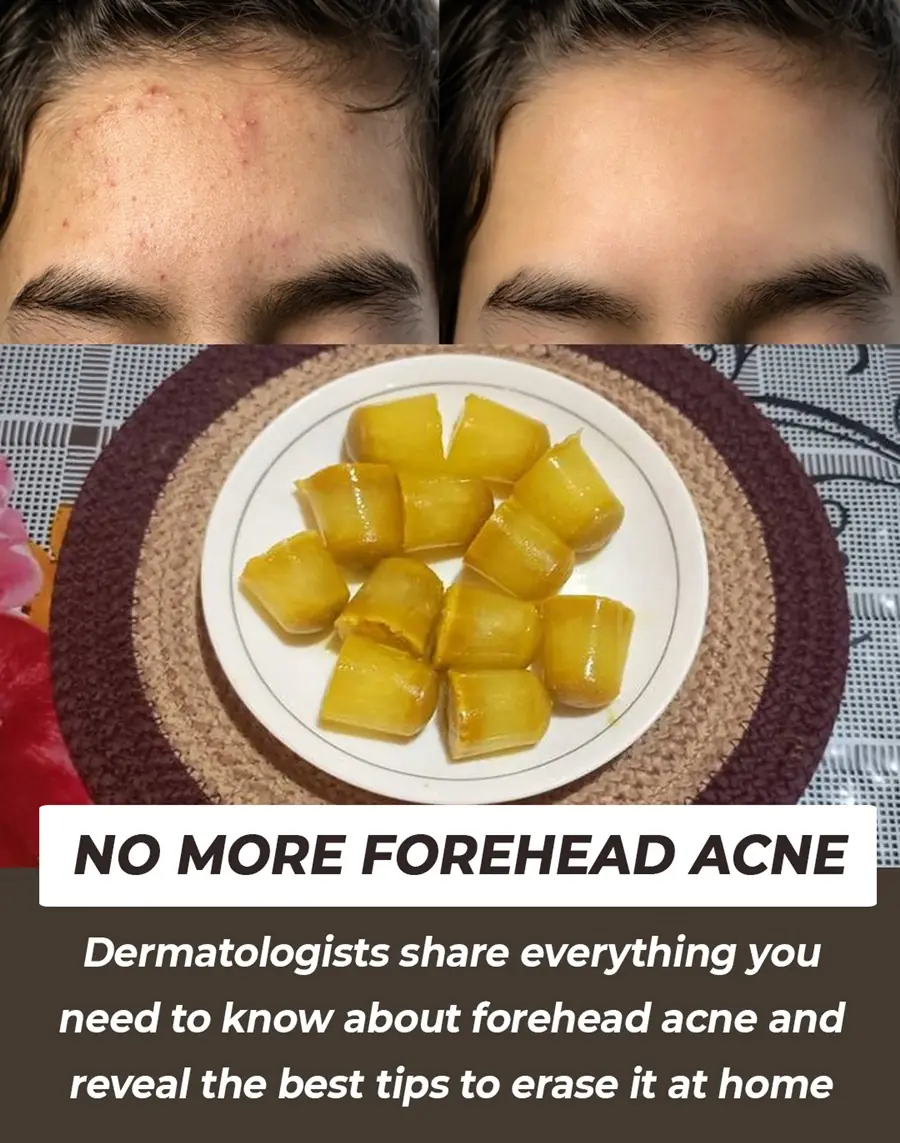
Forehead Acne and What to Do About It

11 Common Eyebrow Mistakes Women Make in Their 60s (And How to Fix Them!)

How to Prevent and Treat Age Spots: Expert Tips for Radiant Skin

5 Ways Your Skin Changes as You Age and How to Keep It Vibrant

DIY Fenugreek Oil for Hair Growth – Get Thick Hair

Brow Boosting Serum: The Natural Way to Achieve Full, Thick Eyebrows
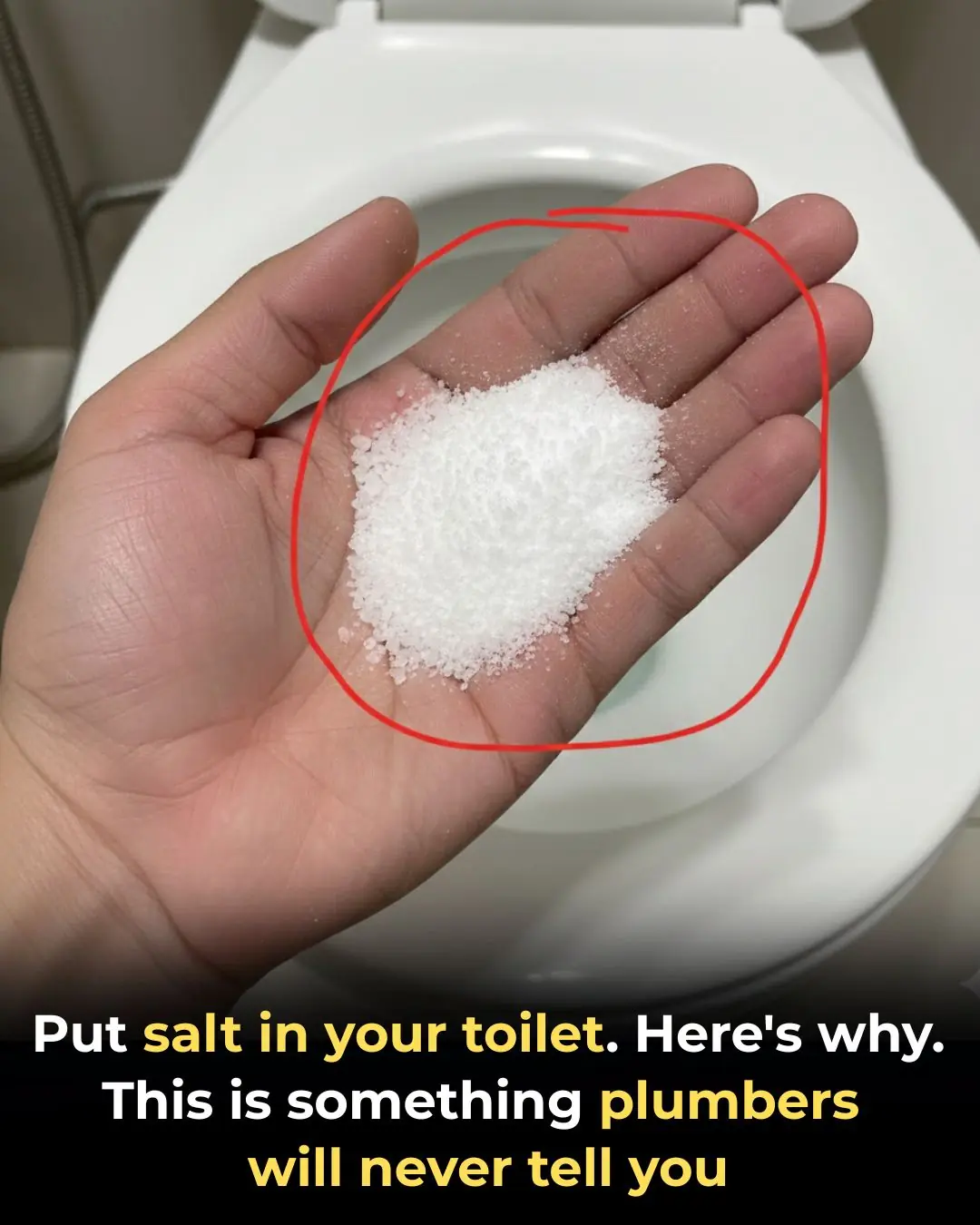
Why You Should Be Putting Salt in Your Toilet

Why Some Children Don’t Visit Their Parents Often

DIY Vaseline Cream: The 4-Ingredient Glow Hack That Makes Your Skin Baby-Soft Overnight

DIY Fenugreek Hair Masks for Hair Growth & Reducing Hair Fall

Will Americans Receive $2,000 Stimulus Checks? What You Need to Know

Revolutionary Miniature Implant Offers New Hope for Restoring Vision in Macular Degeneration Patients

A Simple Superfood That Enhances Your Baby's Brain Development During Pregnancy
